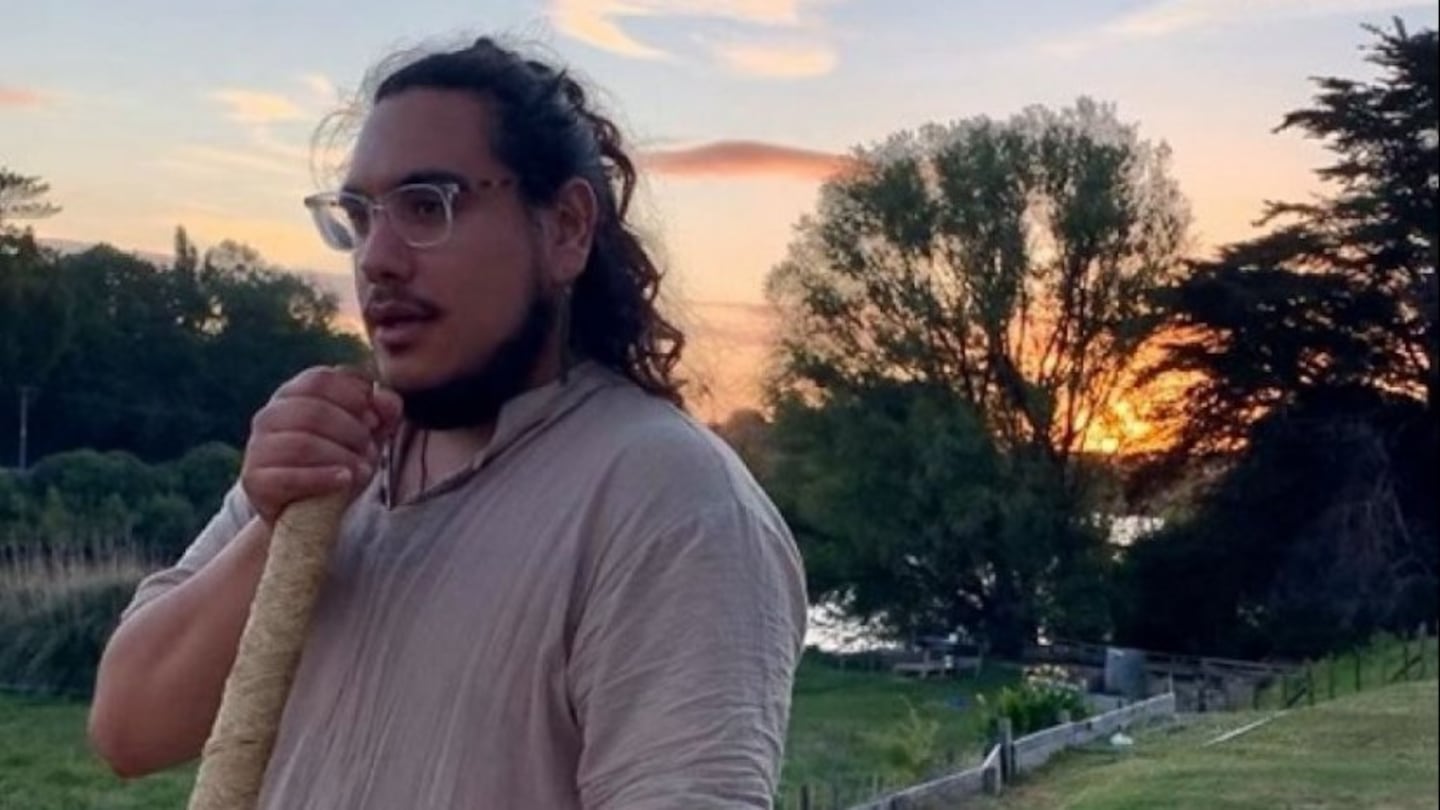Tom Johnson. Photo credit: Facebook, Awa Puoro ki te Ao.
A group of local Whanganui people have come together to help people struggling with their mental wellbeing during the COVID-19 rāhui.
They've started a Facebook page Awa Puoro ki te Ao to raise awareness of the maramataka and provide activities for whānau to do at home to combat tension, anxiety, depression and boredom.
“Did you wake up one morning last week feeling lethargic for no reason? Last Wednesday was ‘Huna’ or the hidden moon according to the Whanganui Maramataka and Huna is usually followed by low energy,” the groups says.
Elise Goodge is one of five administrators on the page who launched the page last week. Goodge is also a taonga puoro player and maker.
“We are all very excited about this project. It is a wonderful collaboration of matauranga Māori for the Whanganui rohe and beyond.”
The posts include videos, activity sheets, a week to week maramataka forecast and more.
Another administrator is PHD researcher in anthropology, Sebastian Lowe. He says, “the intention is to create a beautiful space in which to share narratives of hauora with our community at a time when the digital realm is becoming crucially important for us to stay connected.”
Iwi health provider Tom Johnson, of Ngāti Kahungungu, has also helped to create the page.
He describes it as “a safe way for tāne Māori to explore and discuss their journeys to mental wellness utilising taonga puoro and te maramataka as powerful wellbeing tools.”
The other administrators are Jessica Kahukura of Te Atihaunui a Pāpārangi, Ngarauru, Ngāti Kahungungu and Ngati Tūwharetoa and Meretini Bennett-Huxtable of Te Atihaunui a Pāpārangi, Ngā Iwi Nui o Mokai Patea, Ngati Raukawa te au ki te Tonga and Tainui.
They all met last year and worked together to deliver a taonga puoro and hauora hinengaro wānanga at Te Ao Hou Marae in Aramoho.
“The wānanga was a wonderful and inspiring time, says Goodge.
“We knew when it finished that the journey couldn’t end there, that traditional knowledge and art forms combined have enormous potential to help people, Māori and non-Māori.”
The Facebook page already has over 600 followers. The group hopes to see this number increase and encourage anyone looking for new tools and knowledge to aid in difficult times to follow the page.
Ruruku Waiata mo te Ata AIO
Posted by Jerome Kavanagh Poutama on Monday, April 6, 2020


